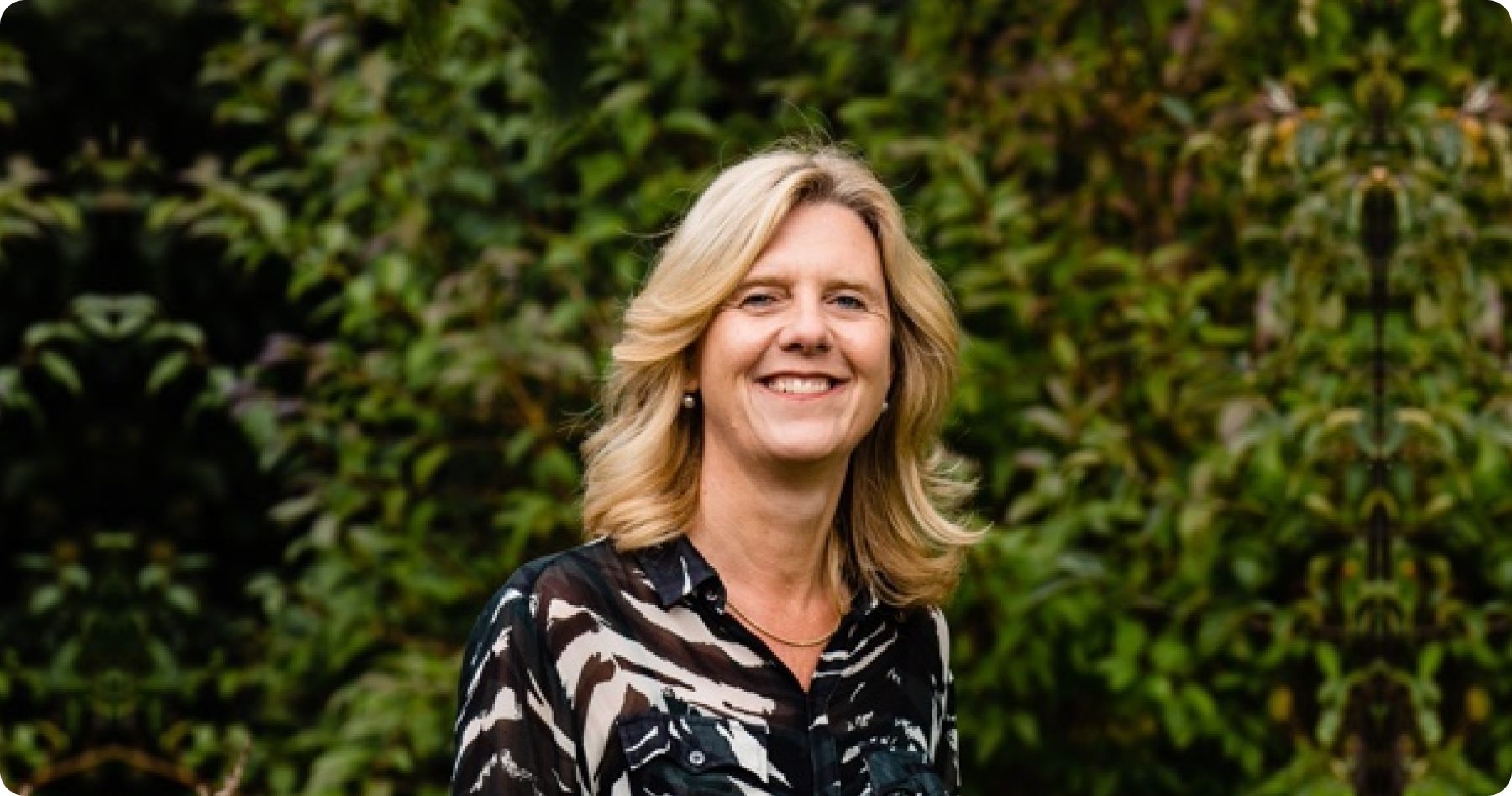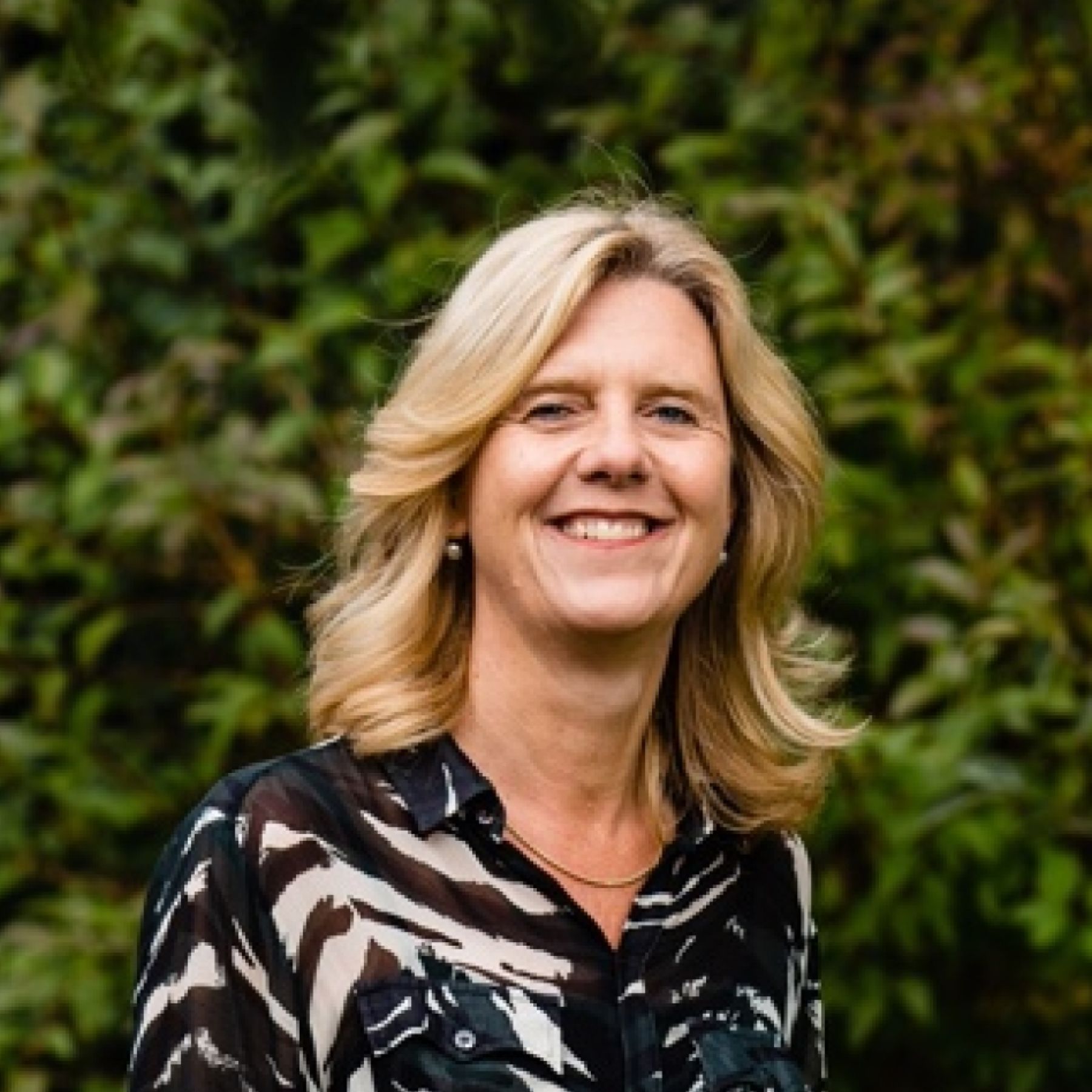‘Prisma gives me ideas or confirms my train of thought’

Simone Breed is 53 years old and a practising GP at Antoniusveld Huisartsen in Venray, a large group practice with 10,500 patients. In the region, she practices as a GP for Urogynaecology. For over a year now, Simone has been using Prisma and we spoke to her about her experiences.
‘One of the observers at the practice showed me Prisma,’ Simone says. ‘That’s nice, I thought. It immediately appealed to me that you can share cases when it suits you, and that you can also read along with what other people are sharing about cases. I started trying it out and have told a whole bunch of colleagues about it myself,’ Simone laughs.
Curious
‘In the beginning, I started quietly following along on Prisma. I liked it when a new case was posted and then curiously read along. I also find the knowledge clips compiled by specialists very interesting to learn from. If I have a question of my own, I look it up in the knowledge base and if there is nothing to be found there yet, I post a case myself.’
Posting a case
‘If a patient sits across from me and I am sure a referral is appropriate, I refer immediately. Am I in doubt and do I have time to think? ‘Then I like to hear other people’s opinions via Prisma,’ Simone explains.
‘I post a case on Prisma, preferably with a photo and a clear explanation of what I already think about it myself. I then explain that I am stuck and ask, for example, what else I should think about. By asking good, thoughtful questions, I also get targeted answers. This gives me ideas or confirms my thinking.’
Simple and comprehensive
‘Sometimes, with complicated cases, the answer expands a lot because there are still many things to think about or things to exclude to make a correct diagnosis. ‘This helps you further in your thinking process,’ says Simone. ‘In other cases, the answer is simpler and the conclusion is that referral is wise.’
‘For example, a boy was recently at my practice with gynaecomastia. He was also using cocaine and other drugs. So what should I keep in mind? On Prisma, I was forwarded an article with information I could take further. This allowed me to handle this case myself.’

National expertise
‘What I like is that several different specialists look into one case and that they also refer to useful sources or diagrams where you can find more information. More people know more than one,’ says Simone.
‘Through Prisma, for example, you also find out where there are specialists who specialise in certain rare conditions. On Prisma, specialists respond from all over the country,’ Simone explains. ‘There is always someone who knows a specialist or a clinic with expertise in this area. That way, you can consider whether it makes sense to send your patient further afield and make an assessment about where he or she would be best helped.’
Forms of consultation
‘I am curious to see what the future holds when it comes to consultation,’ says Simone. ‘Digital advice you can now get via a consultation on Zorgdomein or on Prisma. Both have their value.’
‘In a consultation via Zorgdomein, you speak to a doctor from the local hospital. But the nice thing about Prisma is that several specialisms can take a look. This is especially useful when you are not sure which specialism your case fits best with, or when it is in grey areas. Opinions and ideas from different points of view are then useful.’
‘I’ll do that tonight’.
‘I usually post a case in Prisma at home in the evening or immediately after my consultation hours. I also have a cross on my hand now because I have another case in my head that I still want to enter,’ Simone laughs. ‘I’ll do that tonight’.
‘Answers will soon follow,’ Simone says. ‘Because apparently I’m not the only one who spends some time at Prisma in the evening.’
Prisma is currently only available for GPs, specialists and RGPOs that are based in the Netherlands.